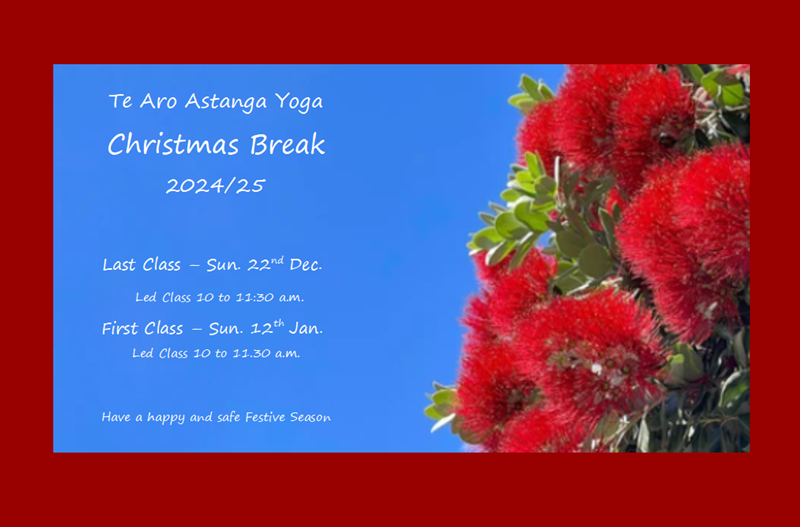Aparigraha is the fifth and final of the Yamas and translates as refraining from covetousness or non-greed. To follow this yama is to live a simple life without over indulgence. This needs to be both in the practical sense of not eating too much or subjecting oneself to too much sensory input as well as not desiring to do so or being envious of those who do.
In these times of constant distractions and a constant barrage of enticements, this can be very difficult to achieve. It takes great discipline to restrain oneself in both thoughts and deeds. One of the intentions of establishing a daily practice is to strengthen ones discipline. To chose and follow a particular path takes discipline. Many people practice however they feel they want to. They are drawn to certain asana or other practices that they find easy or make them feel good instead of challenging themselves.
In Ashtanga Vinyasa Yoga we were entreated by Guruji to take the “slowly, slowly” method, taking each new asana, one at a time. Sitting comfortably in each one before moving on to the next. Yet, people still want to skip over things they find a challenge on go on to the next asana. Practicing like this is not in the spirit of aparigraha. In fact more and more modern “Yoga” seems to be about indulging the senses and providing a distraction rather than “vritti nirodhah” or restraining the fluctuations of the mind, without distraction.
The interesting thing is that living in a “first world” country like New Zealand means it is very easy to over indulge in life. We have access to so much food, to so many ways to distract and entertain ourselves. It takes even greater discipline to spend more time looking inwards and to enjoying the simple things, the small things in life. It is easy to feel that what someone else has is better than what we have. We need to learn to appreciate what this life has given to us and to sit comfortably in our bodies and in our lives.
We need to give to our bodies what they need to be healthy and no more. Even yoga can become an over indulgence, and a way of avoiding other responsibilities in life . We need to look for balance in our lives and we need to do this while fulfilling the obligations that we have in the material world. It is hugely liberating to free oneself of the constant desire for more.
Patanjali writes in sutra II 39 “aparigaha sthairye janma kathamta sambodha”. Guruji translates this to mean “Upon a foundation of non-possesiveness, there arises the full understanding of the wherefore of birth.” So, when we are not distracted by desire for more, we can focus instead on the internal. When we recognise that peace and clarity are the healthiest things we can give ourselves then we can fully understand the meaning of our birth and our previous births. In this way we can fully understand our purpose in this life. There is strength in discipline and discipline is honed by constant and correct practice.

0 Comments